The content of the article
Almost every adult person periodically allows himself to drink some alcohol. Skipping a glass or two is not at all scary, sometimes even useful. Each person has their own characteristics of drinking alcohol. However, to master the ability to quickly bring themselves into shape after a fun evening - a skill that can be useful to everyone. It is worth learning more about what intoxication is, why it occurs and how to quickly get rid of this condition.
The effect of alcohol on the body
To understand the processes occurring in the body during intoxication, it is necessary to know exactly how alcohol acts. It is a solution that contains alcohol, water, and other impurities. The more alcohol in a drink, the stronger its degree, and the stronger it is. For example, vodka contains 40% alcohol and 60% water. For alcoholic beverages, only ethyl alcohol is suitable.Alcohol substitutes containing methyl alcohol and formaldehyde are dangerous to life and health.
Alcohol, getting into the gastrointestinal tract, begins to be absorbed even in the stomach. About a fifth of its total volume enters the body from the stomach, another 80% from the intestine. This process is quite long. 100ml, received in the body, can be completely absorbed only after 1 hour after consumption. Alcohol from the intestine through the venous system enters the liver. Here its main transformation takes place - in acetaldehyde.
Alcohol is most prone to adipose tissue. There is a lot of fat in the brain, that’s why two thirds of all taken alcohol, which did not turn into acetaldehyde in the liver right away, rush there. That is why there are the first signs of intoxication.
In the liver per hour turns only 10 ml of alcohol. It turns out that a glass of vodka (40 ml) will completely turn into acetaldehyde in only four hours. Acetaldehyde is also a toxic substance, it is he who determines the presence of a hangover in the morning after a fun evening. Alleviates these symptoms and alcohol, which is not fully derived.
Alcohol affects all organs and systems of the body, but worst of all - the brain and liver. In the brain, alcohol accumulates and acts on the dopamine and serotonin receptors.These are receptors that are responsible for our “happy” state. It is because during alcohol intoxication a person feels cheerful and liberated, is not afraid of anything.
In the liver, there are processes of intoxication. Even a one-time use of alcohol can cause the death of a certain number of liver cells. However, they quickly regenerate, so if you drink rarely, the liver can be restored to its original state. In alcoholics, hepatocytes perish irretrievably, leading to cirrhosis.
Symptoms of intoxication
It is important to understand when the intoxication began, what stage it reached and when to stop drinking alcohol. In addition, there is such a thing as "pathological intoxication", it is also necessary to know about it.
Intoxication is an intoxication syndrome caused by alcohol intake and consisting of both subjectively pleasant and unpleasant symptoms. In total, there are seven stages of intoxication, which depend on the amount of alcohol consumed. In addition, the subjective sensations also affect the individual characteristics of the body, the frequency of alcohol consumption and the properties taken with alcohol.
There is the following gradation stage of intoxication on the content of alcohol in the blood (in g / l or ppm):
- Up to 0.3 - No intoxication is observed;
- 0.3-0.5 - Minor symptoms;
- 0.5-1.5 - mild intoxication;
- 1.5-2.5 - moderate intoxication;
- 2.5-3.0 - Severe intoxication, intoxication expressed, possible development of a coma;
- 3.0-5.0 - Coma, possible death.
Subjective sensations distinguish three degrees of intoxication: mild moderate and severe.
Easy intoxication
It is characterized by subjectively pleasant sensations: warm throughout the body, lightness and emancipation. Such a person becomes more active, speaks louder, moves faster. In general, this condition corresponds to the excitation of the central nervous system. Appetite is enhanced, the skin becomes more red. Thinking is accelerating. The gradual arousal of the central nervous system goes into depression. A person begins to tend to sleep, physical activity slows down.
Moderate intoxication
There is already observed only depression of the brain. This creates a significant cognitive deficit. Thinking becomes stiff, devoid of logic.Attention is stuck on one subject. Criticism to their state and actions disappears. Speech becomes slurred and very loud. Movement is difficult, coordination is significantly impaired. Personality properties change, aggression increases. This condition often leads to drunken fights. A few hours later there is a headache, nausea, vomiting.
Heavy drunkenness
It is a life-threatening condition that can be fatal. There is a deep depression of consciousness. Coma may occur. Such intoxication is characterized by a lack of motor and mental activity, incontinence of urine and feces. In this case, it is necessary to conduct intensive care in a hospital.
Atypical intoxication
For some people, alcohol acts differently than others. So people need to be helped as soon as possible, regardless of the dose drunk. There are several forms of atypical intoxication:
- Dysphoric. It is characterized by a sharp suppression of mood with possible signs of irritability, aggression, the inability to contain the affect.
- Paranoid. For him, mistrust and suspicion, distrust and conflicts with others are typical.
- Gebephrenic. In this case, alcohol causes stupidity, childish behavior.
- Hysterical. Characterized by theatrical, deliberately revealing behavior with a sharp change of mood.
- Depressed Long and intense depressed mood.
- Explosive. One of the most dangerous types of intoxication. It is characterized by sharp outbursts of aggressiveness, which are then replaced by a calm and upset state.
How to get out of intoxication
First you need to determine whether it is worth resorting to sobering methods. In the event that there is a pleasant mild degree of intoxication, these methods should be avoided. It is enough to stop drinking and alcohol will hatch on its own. After using any of the sobering methods, it is not recommended to get behind the wheel. If the degree of intoxication is heavier or there is an atypical intoxication, you should use one of the following methods.
The most effective are the following ways:
- Gastric lavage. Simply put - artificial induction of gag reflex. It does not reduce the existing symptoms, but will contribute to the elimination of not yet absorbed alcohol. Effective immediately after drinking alcohol and does not make any sense after a few hours.
- Cold shower. Effective, but dangerous to health. It is important that cold water gets on the head and torso. As an alternative, you can make rubbing of the face and torso with snow. Quickly leads to feelings, speeds up thinking and improves attention.
- Water. It has an excellent compensatory effect. To reduce the effects of the feast, it is recommended to drink alcohol in a 1: 1 ratio. Instead of water, you can take juice or milk. In this case, the effect of simple dilution of alcohol is observed. If not washed down immediately, you can drink an equivalent amount of water after.
- Sleep. Short, but sound sleep contributes to faster sobering up. First, at this time you definitely will not drink. Secondly, during sleep, the alcohol that has been consumed appears. Third, while the brain is resting, it is less susceptible to the effects of alcohol than in the waking state.
- Coffee. Contributes to the rapid subjective sobering, but does not remove ethyl alcohol from the body. It is also worth remembering that coffee increases diuresis and contributes to the removal of large amounts of water. Therefore, when sobering with coffee, drinking water should be increased. Otherwise, you will find pronounced hangover syndrome in the morning.
- Lots of carbohydrates. There is a joke, they say "the more you eat, the less you drink." In fact, to quickly bring yourself to life after drinking alcohol, you really need to eat. At what preference it is necessary to give carbohydrates. And the point here is not so much in the amount of alcohol consumed and eaten, as in the competition of glucose and alcohol for the right to "settle" in your brain and adipose tissue. Glucose in this case is much preferable.
- Enterosorbents. Activated charcoal, enterosgel, sorbitol and other sorbents can remove the alcohol that has already left the stomach in the intestine. However, it makes sense to drink them right after alcohol. Remember that every hour 100ml of alcohol is absorbed into your blood.
Thus, we can conclude that the severity of alcohol intoxication directly depends on the amount of alcohol consumed and the individual properties of the organism. Ethyl alcohol can affect the body in different ways.There are three subjective stages of intoxication, which are important to distinguish among themselves. In addition, it is important to understand when it is necessary to resort to methods of sobering up, and when it is better not to do it. There are two directions in the process of rapid withdrawal of intoxication: prevention of alcohol absorption (gastric lavage, enterosorbents) and reduction of intoxication caused by alcohol.
Video: best practices sober up

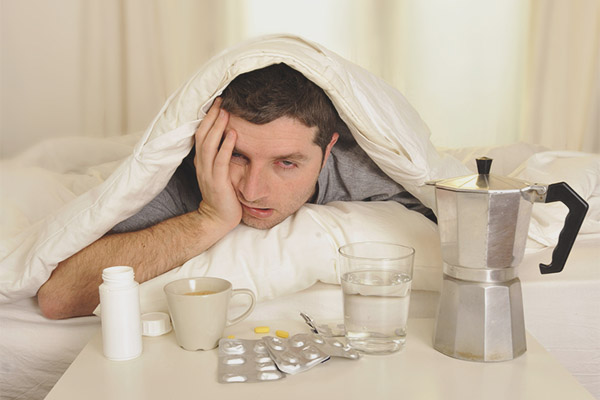


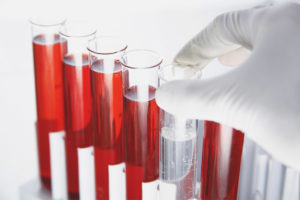
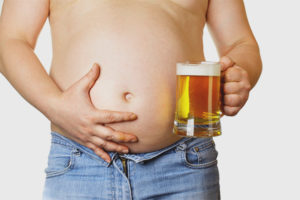
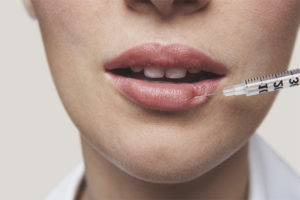
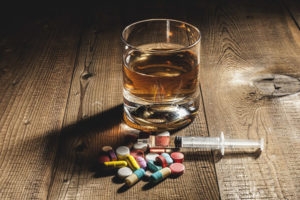
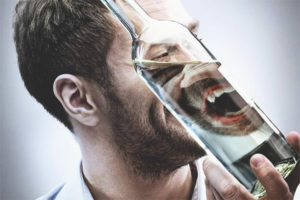
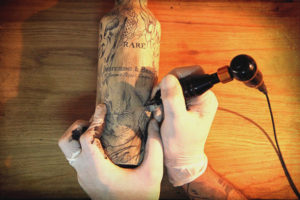
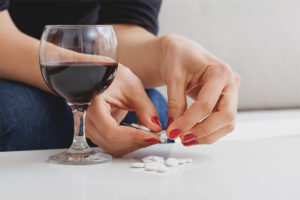
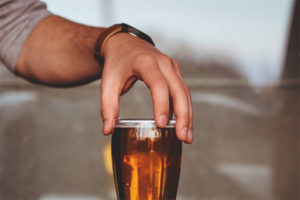
To send